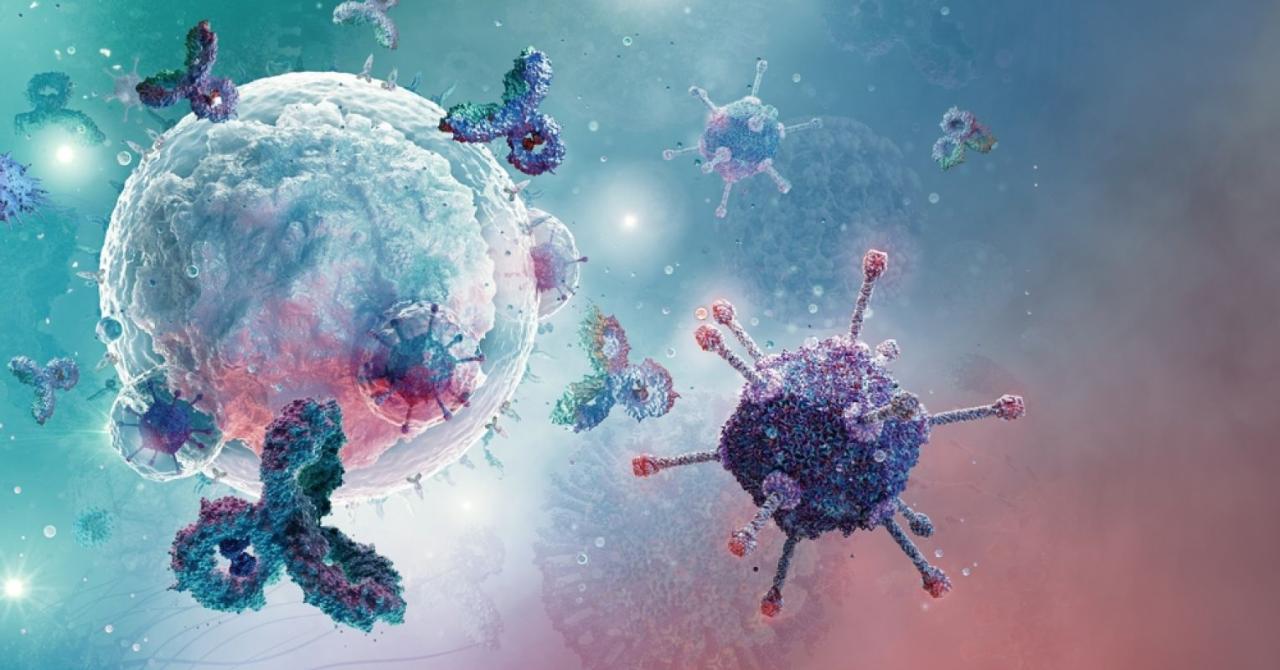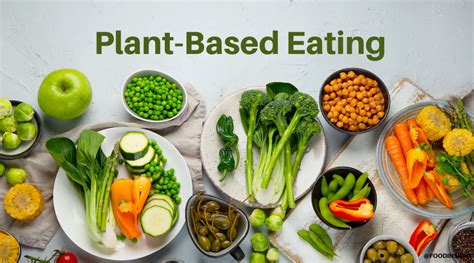In an increasingly complex world, a strong immune system is more than a defense mechanism; it’s the foundation of a healthy, vibrant life. While modern medicine offers powerful solutions for illness, the wisdom of building a robust and resilient immune system through natural means remains a cornerstone of well-being. This isn’t about magical cures or quick fixes. It’s about a holistic approach that uses diet, lifestyle, and a deep understanding of the body to create a fortress of health from within. A strong immune system empowers you to fight off pathogens, recover faster from illness, and feel your best every single day.
This comprehensive guide will explore the proven, natural strategies you can adopt to bolster your immunity. We will delve into the science behind how your body defends itself and provide actionable, evidence-based advice on nutrition, supplementation, sleep, and stress management. By integrating these practices into your daily life, you won’t just be reacting to threats; you’ll be proactively building a long-term foundation for health that can withstand whatever challenges come your way. This is your definitive roadmap to a naturally boosted immune system.
A. The Core of Immune System

Before we can effectively support our immune system, we need to understand its fundamental workings. The human immune system is an incredibly complex network of cells, tissues, and organs that work together to protect the body from harmful invaders, such as bacteria, viruses, fungi, and toxins. It is divided into two main components: the innate and adaptive immune systems.
- A. The Innate Immune System: This is your body’s first line of defense. It’s a non-specific response that is always ready to act. Components include physical barriers like your skin and mucous membranes, as well as specialized cells such as macrophages and neutrophils that engulf and destroy pathogens. This system acts quickly to prevent invaders from establishing a foothold in your body.
- B. The Adaptive Immune System: This is a more specialized and sophisticated defense system. When the innate system fails to stop an invader, the adaptive system kicks in. It “remembers” specific pathogens it has encountered before, allowing for a much faster and more targeted response upon future exposure. Key players include B cells, which produce antibodies to neutralize pathogens, and T cells, which can directly kill infected cells.
A healthy immune system is one where both these components work in harmony. The natural strategies we will discuss below are all aimed at creating an optimal environment for these complex systems to function at their peak.
B. The Cornerstones of a Healthy Immune System
Building natural immunity is a multi-faceted endeavor. There is no single pill or food that can do it all. Instead, it’s about creating a lifestyle that supports your body’s natural defenses. The following pillars are the most crucial for long-term immune health.
- A. Nutrient-Dense Nutrition: Your immune cells need the right fuel to function properly. A diet rich in vitamins, minerals, and antioxidants is non-negotiable.
- A. Vitamin C: Famous for its immune-boosting properties, Vitamin C is an antioxidant that helps protect cells from damage and supports the function of various immune cells. Good sources include citrus fruits, bell peppers, strawberries, and broccoli.
- B. Vitamin D: Often called the “sunshine vitamin,” Vitamin D plays a critical role in modulating immune response. Low levels have been linked to an increased susceptibility to infection. Fatty fish, fortified dairy products, and sunlight exposure are excellent sources.
- C. Zinc: This essential mineral is crucial for the development and communication of immune cells. It also helps reduce inflammation. You can find Zinc in lean meats, poultry, beans, nuts, and whole grains.
- D. Antioxidants: Compounds like Vitamin E, selenium, and flavonoids protect your cells from oxidative stress, a process that can weaken your immune system. Berries, dark leafy greens, and colorful vegetables are packed with these beneficial compounds.
- B. Prioritizing Quality Sleep: Sleep is not a luxury; it’s a fundamental biological necessity, especially for your immune system. During sleep, your body produces and releases cytokines, a type of protein that targets inflammation and infection.
- A. The Sleep-Immunity Connection: Studies have shown that people who don’t get enough quality sleep are more likely to get sick after being exposed to a virus. Lack of sleep can also impact how quickly you recover if you do get sick.
- B. How to Improve Sleep: Aim for 7-9 hours of quality sleep per night. Establish a consistent sleep schedule, create a relaxing bedtime routine, and make your bedroom a dark, cool, and quiet sanctuary. Avoid screens and caffeine before bed.
- C. The Power of Exercise: Regular, moderate exercise can significantly improve your immune function. It promotes good circulation, allowing immune cells to move more efficiently through the body and detect pathogens.
- A. The Right Balance: The key is to find a balance. Moderate exercise, like brisk walking, cycling, or swimming, has been shown to be beneficial. Overly intense, long-duration exercise can actually temporarily suppress your immune system, so it’s important not to overdo it.
- D. Stress Management: Chronic stress is one of the biggest threats to your immune system. When you’re stressed, your body produces cortisol, a hormone that can suppress immune function over time, making you more vulnerable to illness.
- A. Mind-Body Connection: Practices like meditation, deep breathing exercises, yoga, and spending time in nature can help lower cortisol levels and promote a state of calm. Finding healthy ways to manage stress is vital for long-term immune resilience.
C. Incorporating Immune-Boosting Foods and Herbs
Beyond the basic nutritional requirements, certain foods and natural supplements have been used for centuries to support the immune system. While they aren’t magic bullets, they can provide a powerful boost when used as part of a healthy lifestyle.
- A. Fermented Foods and Probiotics: A healthy gut is strongly linked to a healthy immune system. Fermented foods like yogurt, kefir, sauerkraut, and kimchi are rich in beneficial bacteria (probiotics) that help maintain a balanced gut microbiome, which in turn supports immune function.
- B. Garlic: Known for its potent antibacterial and antiviral properties, garlic contains compounds like allicin that can help combat infections. Adding fresh garlic to your meals is a simple and effective way to get its benefits.
- C. Ginger: This spicy root is a powerful anti-inflammatory and antioxidant. It can help soothe a sore throat, reduce nausea, and is a great addition to teas or stir-fries.
- D. Turmeric: The active compound in turmeric, curcumin, is a potent anti-inflammatory agent. Chronic inflammation can weaken the immune system, so reducing it is a key strategy for overall health. Combining turmeric with black pepper can significantly enhance its absorption.
- E. Green Tea: Green tea is packed with antioxidants, particularly flavonoids, which can help fight cellular damage. It also contains L-theanine, an amino acid that may aid in the production of T cells.
- F. Elderberry: This fruit has been traditionally used to fight colds and flu. Some studies suggest that elderberry extract can help reduce the duration and severity of cold and flu symptoms, although more research is needed.
D. The Role of Lifestyle and Environment

Your immune system is not an isolated entity; it is deeply connected to your environment and daily habits. Beyond diet and exercise, a few key lifestyle choices can make a significant difference.
- A. Stay Hydrated: Water is essential for every bodily function, including the health of your immune system. It helps flush out toxins and ensures that nutrients are delivered to your cells efficiently.
- B. Limit Alcohol and Sugar Intake: Excessive consumption of alcohol and refined sugars can suppress immune function and promote inflammation. Reducing your intake of these can give your immune system a much-needed break and allow it to function more effectively.
- C. Maintain Good Hygiene: This might seem obvious, but simple acts like frequent hand washing, not touching your face, and cleaning high-touch surfaces can drastically reduce your exposure to pathogens.
- D. Get Outside: Spending time in nature, especially in the sun, helps you get Vitamin D. Additionally, studies have shown that exposure to “phytoncides,” airborne compounds emitted by trees and plants, can increase the activity of natural killer cells, a type of immune cell.
- E. Mindful Supplementation: While a balanced diet is key, sometimes it’s difficult to get all the necessary nutrients. Supplements like Vitamin C, Vitamin D3, and Zinc can be beneficial, especially during colder months or times of high stress. However, it’s always best to consult with a healthcare professional before starting any new supplement regimen to ensure it’s right for you.
Conclusion
In a world filled with health information and a constant barrage of new products, the path to a strong immune system is rooted in simplicity and consistency. Natural immunity is not something you can buy in a bottle; it is something you build, day by day, through deliberate and mindful choices. It is the result of a harmonious relationship between your mind, body, and environment. By nourishing your body with nutrient-dense foods, prioritizing restful sleep, managing stress, and engaging in regular, moderate exercise, you are creating an internal environment where your immune cells can thrive.
This holistic approach moves beyond merely reacting to illness and empowers you to be proactive about your health. It is a commitment to well-being that pays dividends for years to come, offering not just protection from disease but also a vibrant sense of energy and vitality. Remember that every small choice you make—choosing an apple over a cookie, taking a walk instead of watching another episode, or getting to bed an hour earlier—is an investment in your immune system and, by extension, your future self. Building a naturally resilient immune system is a journey, not a destination. It is a continuous process of learning, listening to your body, and treating it with the respect it deserves. Start today, and you will be well on your way to a healthier, more resilient life.












